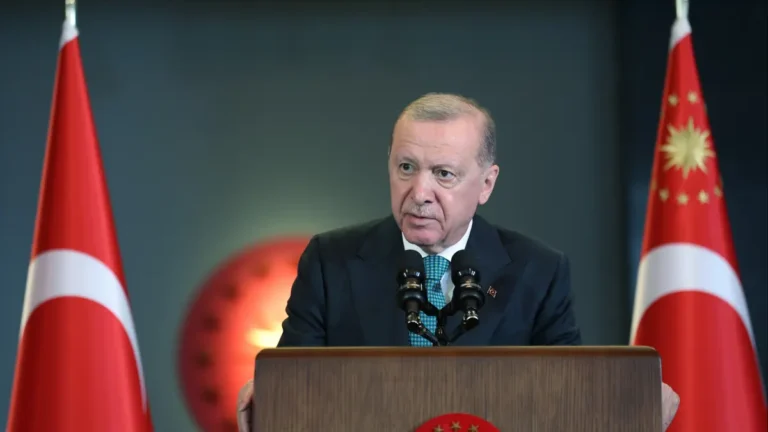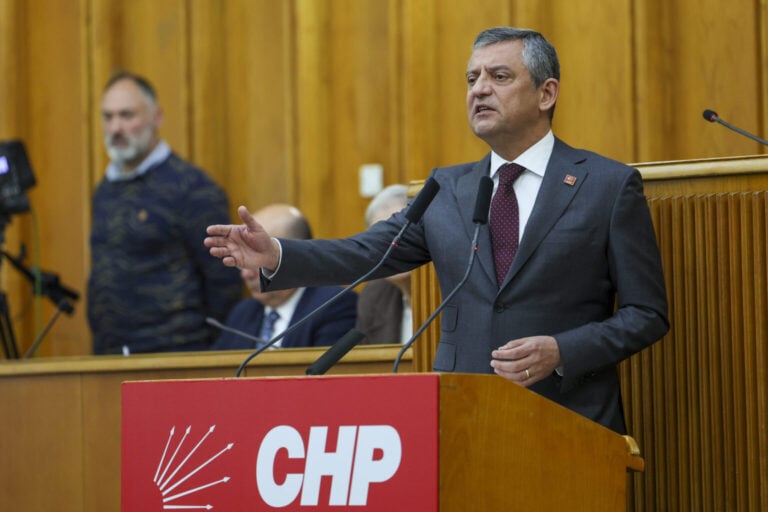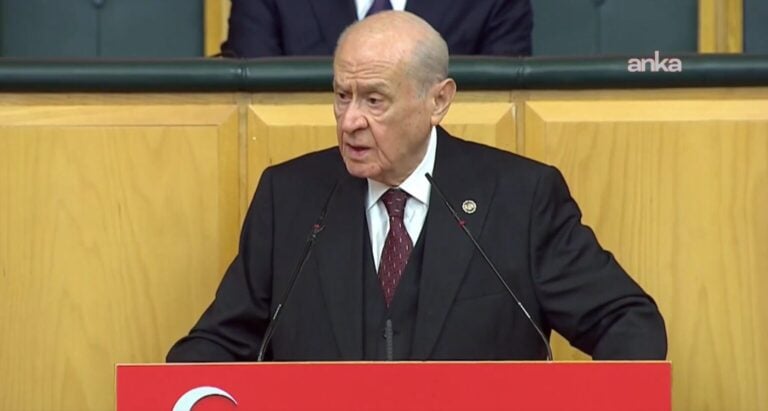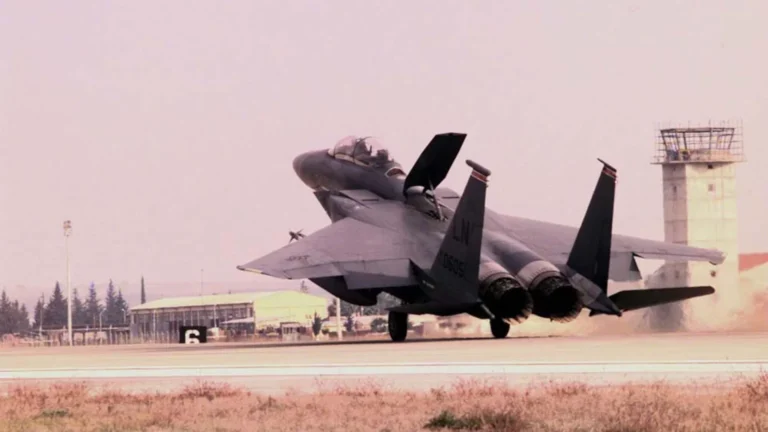Republican People’s Party (CHP) Chairman and main opposition presidential candidate Kemal Kılıçdaroğlu released a video message on Monday evening (April 17) addressing the ruling government’s treatment of Turkey’s Kurdish minority. Accusing President Recep Tayyip Erdoğan and his Justice and Development Party (AKP) of slandering Kurds for electoral success, Kılıçdaroğlu said “Over the last few years, anytime we discuss the election, or whenever the ‘palace’ [Erdoğan’s government] fears it will lose an election, Kurds are slandered and stigmatized as terrorists.” The video message from the opposition leader encouraged brotherhood between Turkish citizens and the country’s Kurdish minority.
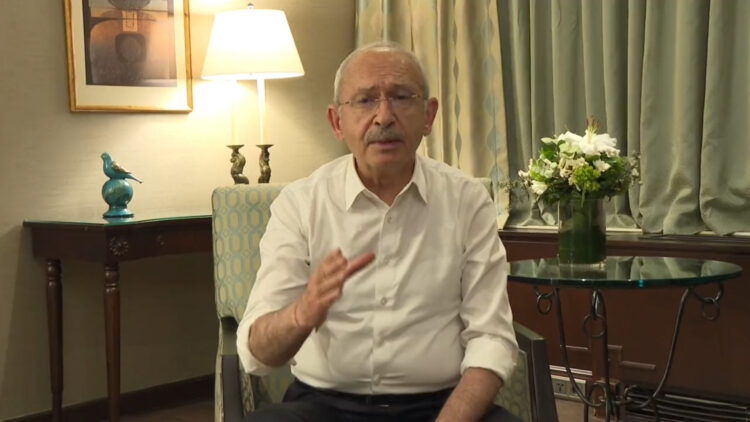
Monday’s video message takes aim, more broadly speaking, at the AKP’s increasingly hard-line policies and rhetoric towards the Kurdish community over the past decade. Originally a proponent of civil rights reform for Turkey’s largest minority group, the AKP began the so-called ‘Resolution Process’ (Çözüm Süreci) in 2009 which aimed at ending Kurdish militant activity and separatism in Turkey’s southeast in exchange for certain civil rights reforms such as Kurdish-language education in the region. Militant activity from the outlawed Kurdish Workers Party (PKK) and clashes with Turkish government forces had plagued southeastern Anatolia throughout the 1990s, and the AKP’s original initiative intended to solve the problem for good through dialogue with Kurdish negotiation partners. The initiative, however, would prove ultimately unsuccessful with a lack of parliamentary support and lukewarm reception from many corners of the Turkish public. WIth the start of the Syrian Civil War in 2011 and the increase in Kurdish militia activity just south of the Turkish border, the AKP began to take a markedly harder-line stance towards the so-called ‘Kurdish problem’.
A notable event occurred in 2014, when Erdoğan refused to intervene in the neighboring Syrian-Kurdish border town of Kobani during a siege by ISIS, characterizing the battle as a “war between terrorist groups”. The incident saw Erdoğan’s popularity among many Kurdish citizens plummet, and domestic uproar over Turkey’s failure to intervene had far-reaching effects including the imprisonment of leading Kurdish politicians such as Selahattin Demirtaş. By the middle of the decade, the AKP had fully abandoned the initiative, and the coalition alliance from 2018 onward with the Nationalist Movement Party (MHP), which had strongly opposed the Resolution Process, marked a further hardening in the party’s rhetoric on the issue.

Emphasizing the ‘brotherly’ connection between Turkish and Kurdish people, Kılıçdaroğlu said in his remarks “My dear people, do not be fooled by this propaganda. Don’t forget our brotherhood. There is a destiny that makes Turks and Kurds brothers. Fate brought us together. Fate told us to be brothers. Fate laid us down in Çanakkale, Sakarya and Dumlupınar. There is no love quite like brotherly love. We have lived together for centuries. None of us have gone on our path without the other. I will never, ever allow anyone to harm our brotherhood for three or five votes. There is not much time left [until the election].”
This video message from the opposition leader resembled similar messages released over the past two years in the lead-up to his candidacy. In a notable video message from November 2021, Kılıçdaroğlu called for country-wide reconciliation (Hellaleşme) over historical wrongs such as pogroms against Greek citizens, crimes against Kurdish prisoners during the 1990s, massacres of against Alevis, and the numerous coup d’etats that have occurred throughout modern Turkish history.
Kılıçdaroğlu’s presidential campaign also stands to reap significant electoral benefits from Erdoğan’s hardening on the Kurdish issue. Support from Kurdish voters is seen as an important piece in a hypothetical Kılıçdaroğlu victory. Turkey’s pro-Kurdish People’s Democratic Party (HDP), which commands around 10-12% of the Turkish vote, announced last month that they would abstain from running their own presidential candidate in favor of supporting Kılıçdaroğlu. Imprisoned former HDP leader Demirtaş has vocally called for Kurdish voters to throw their support behind Kılıçdaroğlu with the central goal of removing Erdoğan from power.

Kılıçdaroğlu’s own electoral alliance contains a significant nationalist element, represented by the İYİ Party led by Meral Akşener. The party consists of many former MHP members who left the party after it became closer with the AKP in 2016-2017. Balancing the alliance with these nationalist partners with simultaneous overtures to Kurdish voters represents one of the most delicate and tactically difficult pieces of Kılıçdaroğlu’s presidential campaign.
Turkish voters head to the polls on May 14 to select a new president and members of parliament. Kılıçdaroğlu seeks to end Erdoğan’s 20-plus years in power by winning over 50% of the vote in the first round. Should no candidate succeed in reaching this threshold, the contest will head to a second-round run-off two weeks later.





